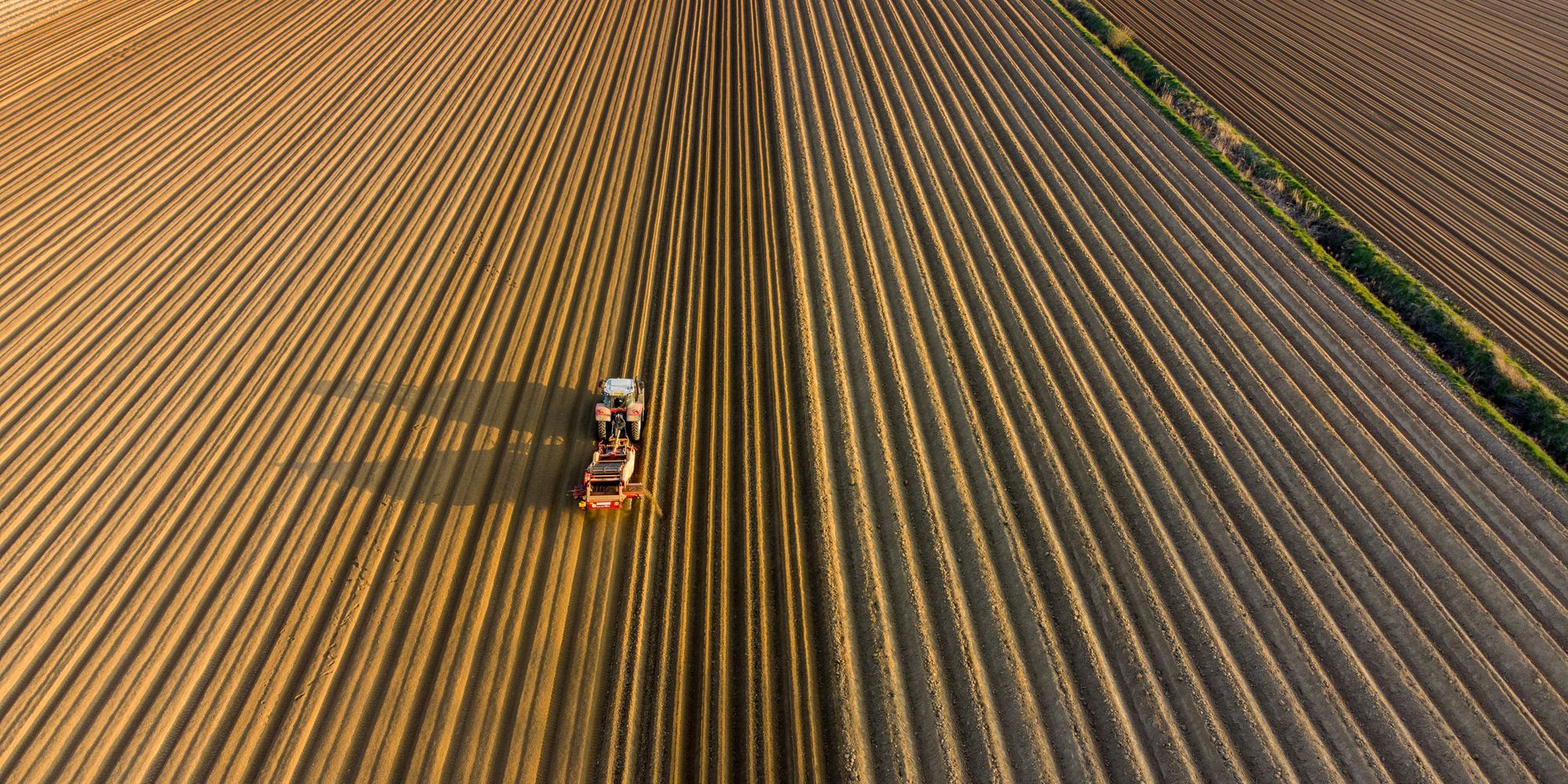The Future of Sustainable Agriculture: Harnessing the Power of AI
Introduction: In today's rapidly changing world, sustainability has become a critical focus in every industry, and agriculture is no exception. As the global population continues to grow, the demand for food production increases exponentially. However, the traditional methods of farming face numerous challenges in meeting this demand while minimizing environmental impact. Enter Artificial Intelligence (AI), a game-changing technology that has the potential to revolutionize agriculture and pave the way for sustainable food production. In this article, we will explore the transformative role of AI in shaping the future of agriculture and its impact on sustainable practices.
Enhancing Precision Farming with AI: Precision farming is a data-driven approach that optimizes agricultural practices by utilizing real-time information. AI algorithms analyze data collected from various sources such as satellite imagery, sensors, and drones, providing valuable insights to farmers. These insights enable precise decision-making in areas like irrigation, fertilization, and pest control. By optimizing resource allocation and reducing waste, AI-powered precision farming enhances sustainability by minimizing environmental impact.
Intelligent Crop Monitoring and Disease Detection: AI-powered systems can continuously monitor crops, detecting early signs of diseases, nutrient deficiencies, and pests. By leveraging computer vision and machine learning algorithms, farmers can identify and address issues promptly, reducing the need for excessive pesticide use and preventing crop losses. Real-time crop monitoring helps farmers make informed decisions, leading to improved yield, reduced chemical usage, and increased sustainability in agriculture.
Optimal Resource Management: AI algorithms can analyze vast amounts of data to optimize resource management, ensuring efficient utilization of water, energy, and fertilizers. For instance, AI-powered irrigation systems can monitor soil moisture levels and weather conditions, delivering water precisely when and where it is needed. This targeted approach minimizes water wastage and reduces the energy required for irrigation, promoting sustainable water management practices.
Predictive Analytics for Improved Crop Yield: AI's predictive analytics capabilities empower farmers to anticipate crop yields and plan accordingly. By considering historical and real-time data, AI algorithms can forecast market demand, optimize planting schedules, and predict crop performance. These insights enable farmers to avoid overproduction, reduce food waste, and enhance overall efficiency in the agricultural supply chain.
Advancements in Automated Farming: Automation, coupled with AI, is transforming traditional farming methods. Robots equipped with AI algorithms can perform tasks such as seeding, harvesting, and crop monitoring with precision and efficiency. Automated farming not only reduces labor costs but also minimizes human error and optimizes resource utilization. This integration of AI and automation leads to increased productivity, reduced environmental impact, and improved sustainability in agriculture.
Conclusion: The incorporation of AI in agriculture is a paradigm shift that holds immense promise for sustainable food production. By leveraging the power of AI in precision farming, crop monitoring, resource management, and predictive analytics, we can address the challenges faced by traditional agriculture while fostering environmental stewardship. As we embrace this technological revolution, collaboration between farmers, scientists, and AI experts becomes crucial in driving the future of sustainable agriculture.
Frequently Asked Questions (FAQs):
1. Is AI replacing human farmers? No, AI is not meant to replace human farmers but rather augment their capabilities. AI empowers farmers with valuable insights and tools to make informed decisions and optimize agricultural practices. Human expertise and intuition remain essential in the farming process.
2. How accessible is AI technology for small-scale farmers? AI technology is becoming more accessible and affordable, even for small-scale farmers. There are initiatives to develop user-friendly AI platforms and provide support to ensure widespread adoption. As the technology advances, its accessibility will continue to improve.
3. Can AI help address climate change in agriculture? Yes, AI can contribute to addressing climate change in agriculture. By optimizing resource management, reducing chemical usage, and improving


